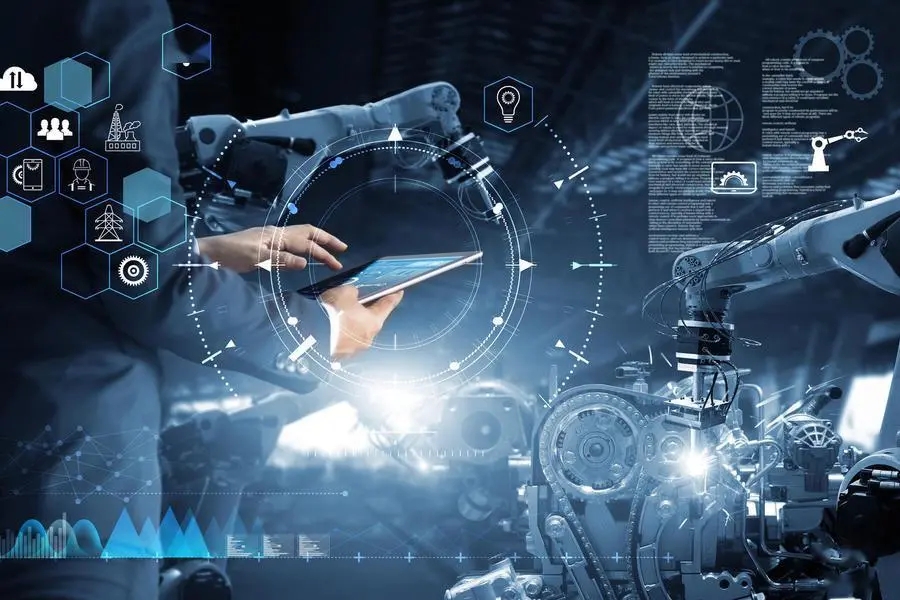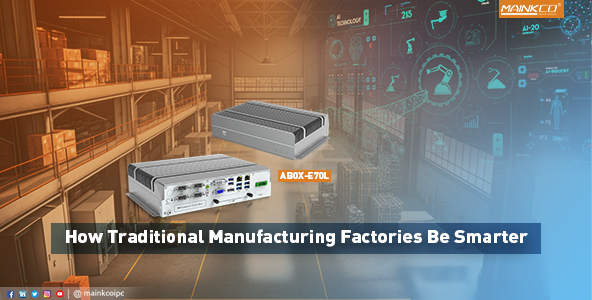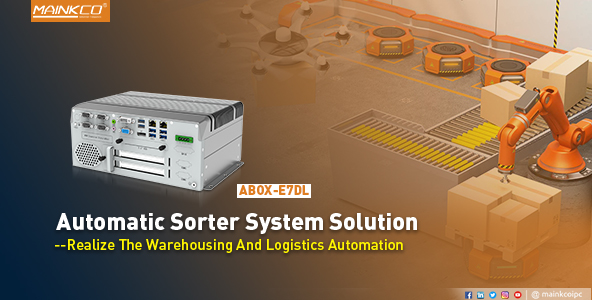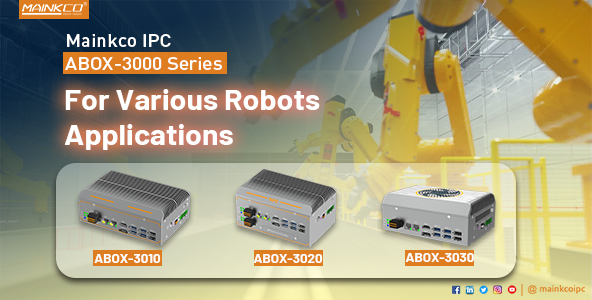With the continuous development of science and technology, the traditional manufacturing industry is also constantly changing. Intelligent manufacturing, as the focus of manufacturing technology direction, has become an inevitable choice for the transformation and upgrading of traditional factories and innovation driven. So, how to carry out the traditional manufacturing factory intelligent transformation? This article We will make a brief introduction to this, and enumerate some practical application cases for your reference.
Intelligent transformation of traditional manufacturing factories needs to start from the following aspects:
-
Build a “smart factory”
“Smart factory” refers to a factory mode that realizes visualization, information technology, intelligence and interconnection through digital technology. When carrying out intelligent transformation, it is necessary to realize digital transformation from production, equipment, personnel, etc. At the same time, it is also necessary to master relevant data for intelligent analysis, so as to better help enterprises to optimize production management.
-
Data analysis
Data analysis is an important part of intelligent manufacturing. Through the analysis of equipment, production, sales and other data, we can find out the advantages and disadvantages, but also can predict the trend of production and sales. Data analysis requires the application of big data technology, with the help of artificial intelligence, cloud computing and other technologies.

-
Intelligent equipment
Realizing the intelligent transformation of equipment is also a key point of intelligent manufacturing. Smart devices can be adjusted according to the characteristics of products, while also automatically delivering product data to the next process, improving production efficiency and product quality. For example, with the use of the Internet of Things technology, various devices in the production process can be networked to achieve automatic control of devices.
-
Man-machine symbiosis
Although it is intelligent transformation, but still cannot ignore the role of artificial. Artificial has some advantages that cannot be replaced, such as accuracy, flexibility, creativity, etc. Therefore, in the process of intelligent manufacturing,people and machines should realize coexistence, rationally allocate and coordinate their respective tasks, and form synergistic effects.
The above are several aspects of the intelligent transformation of traditional manufacturing factories. Next, let’s look at some practical application cases.
Sany will exist transmission link through integrated transmission technology upgrade, realizing the connectivity between equipment, and use the Internet of things technology to establish “index, label, have the industrial cloud platform”, equipment data exchange, operational management, and other functions, in the production efficiency, product quality, equipment management, etc, have achieved good effect.
Saic uses the Internet of Things technology to carry out a comprehensive intelligent transformation of its automobile production line, intelligent control and management of equipment through the Internet of Things sensors, intelligent production planning, intelligent quality management and other ways to achieve fine production and improve production efficiency and product quality.
Through the above practical application cases, we can find that intelligent manufacturing is an important way to realize the transformation of traditional manufacturing factories to digital and intelligent, which can help enterprises to achieve the improvement of production efficiency, product quality, operating cost reduction and other effects.












